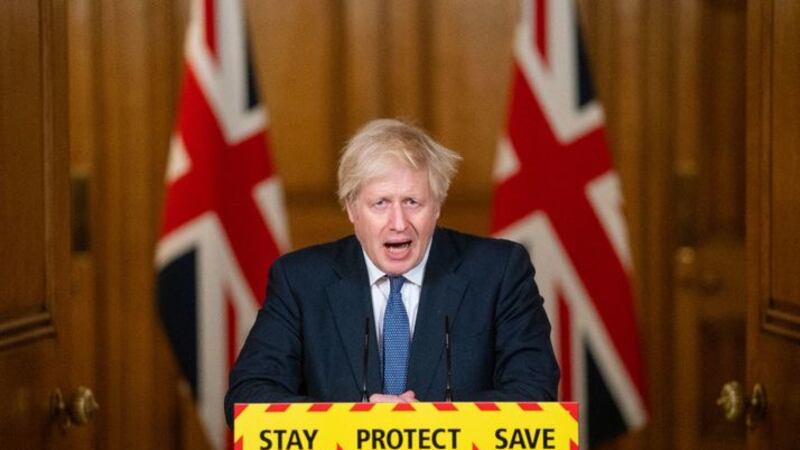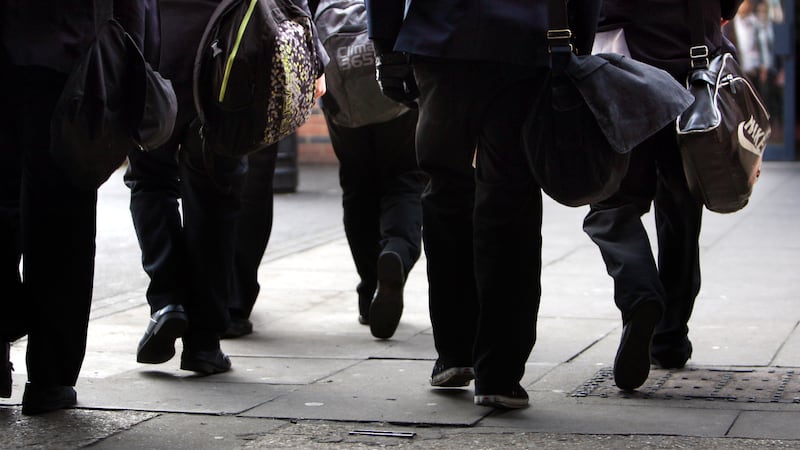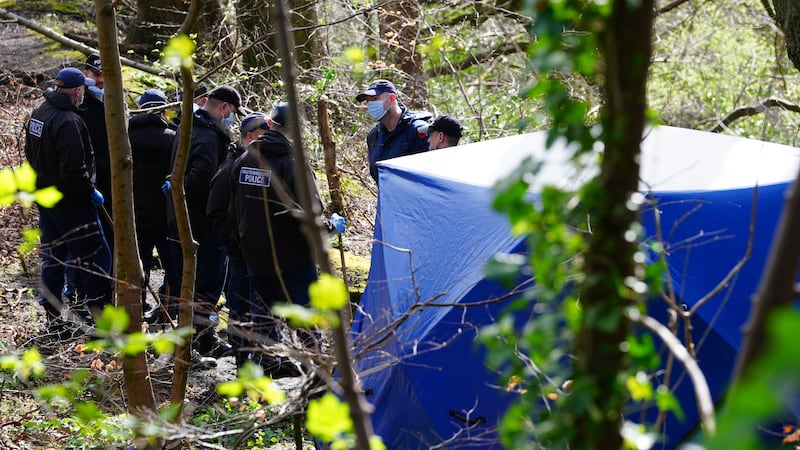Boris Johnson has scrapped the UK’s travel corridors until at least February 15, meaning arrivals from every country must self-isolate for at least five days.
People arriving in the UK from a destination with a travel corridor are currently exempt from the 10-day quarantine requirement.
The new policy means arrivals from every destination will need to self-isolate for 10 days, or receive a negative result from a coronavirus test taken at least five days after they enter the UK.
The decision will see Northern Ireland amend regulations to remove the approximately 64 countries, islands and territories remaining on the travel corridor list.
A statement from the NI Department of Health said: "This should not remove the exemption for the Common Travel Area, so that travel between the UK and the Republic of Ireland and across the land border would be unaffected by these measures.
"The Northern Ireland Executive will also work with the UK Government to facilitate urgent conversations with the Irish Government to improve data sharing from Dublin, to minimise the risk of a back door emerging through the land border."
The list of exemptions to the self-isolation requirement will be stripped-back to only those necessary to maintain the critical flow of goods, protect essential services or facilitate Government work.
Northern Ireland’s Chief Medical Officer, Dr Michael McBride, said: “The Joint Biosecurity Centre (JBC) have said that the underpinning methodology for Travel Corridor decisions was designed for assessing the public health risk from wild type SARS-COV-2 and not for assessing the risk from imported variants.
“Given the risk is now increasingly weighted towards the latter (given its vaccine rollout programme) the JBC cannot provide the same level of assurance through the current Travel Corridors process, as it is not possible to predict with any certainty the risk that a particular country or region will be the originator of a variant of concern.
“This move is designed to provide time within which to reassess the position on international travel and develop a system better able to respond to the risk of new variants; this work will be done in collaboration with the Scottish Government, Welsh Government.”
The British Prime Minister told the Downing Street press conference that the measure is in response to the rollout of coronavirus vaccines and the discovery of new strains of the virus.
He said: “It’s precisely because we have the hope of that vaccine and the risk of new strains coming from overseas that we must take additional steps now to stop those strains from entering the country.
“Yesterday we announced that we’re banning flights from South America and Portugal and to protect us against the risk from as-yet-unidentified strains we will also temporarily close all travel corridors from 0400 on Monday.”
It had already been announced that travellers arriving in England and Scotland from Monday will need to have a negative test taken up to 72 hours before leaving the country of departure.
The British Government’s chief scientific adviser Sir Patrick Vallance has said some of the new variants may be able to “get round” the vaccines.
However, he told a No 10 news conference that it was “really quite easy” to adjust the vaccines to deal with mutations in the virus.
“It is possible that the variants will get round vaccines to some extent in the future and some of them that are out there in the world now may well have more of an effect to bypass some of the existing immune system that has come up in response to a vaccine or previous infection,” he said.
“I think it is likely that the vaccine we have now is going to protect against the UK variant and is going to provide protection I suspect against the other variants as well. The question is to what degree.”








